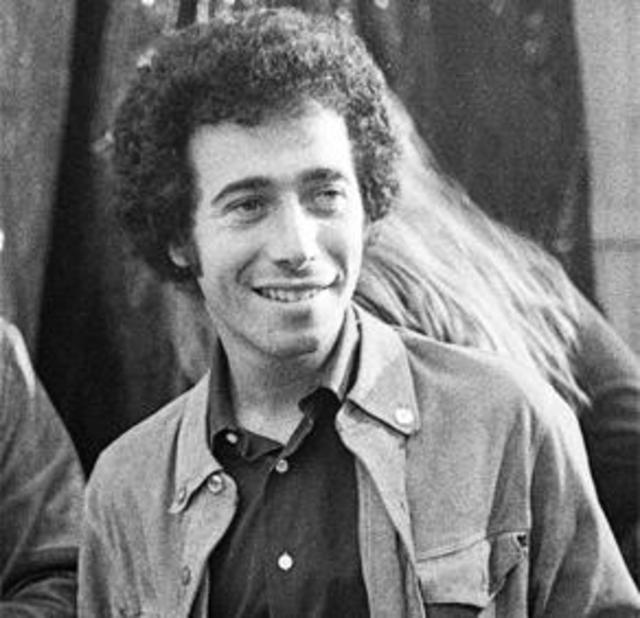David Geffen

David Geffen (born February 21, 1943) David Geffen has touched every corner of the entertainment industry but especially his first love, the music business. He is the founder of Asylum Records and Geffen Records. The former label launched or furthered the careers of numerous singer/songwriters and proto-Americana artists, from Jackson Browne to the Eagles. The latter label broke such galvanizing contemporary artists as Guns n' Roses and Nirvana, while returning veteran acts like Aerosmith and Elton John to the top of the charts. Born in Brooklyn, Geffen grew up wanting to make his mark on show business. He dropped out of the University of Texas and took a job in the mailroom of the William Morris Agency, which served as his point of entry into the music business. Early on, he nurtured the career of singer/songwriter Laura Nyro. He started Asylum Records in 1970 because he couldn't get a record deal for another of his charges, Jackson Browne. After turning down Browne at Atlantic Records, Ahmet Ertegun challenged Geffen: "If he's such a big star, why don't you do it yourself?" With his ear to the ground, Geffen did just that. In addition to Browne and the Eagles, Asylum signed the likes of Linda Ronstadt, Joni Mitchell, Carly Simon, Tom Waits and Warren Zevon. Even Bob Dylan released two albums on Asylum – Planet Waves and Before the Flood – during his mid-Seventies hiatus from Columbia Records. Asylum became one of the greatest music-business success stories, and Geffen sold it to Warner Bros. in 1975 for $7 million. After spending the latter half of the Seventies at Warner Bros. Pictures, he launched Geffen Records (which was funded by Warner Bros. Records). Early successes included Double Fantasy, by John Lennon and Yoko Ono, and Donna Summer's The Wanderer, the label's first release. Other signings to the label ranged from New Wave (Wang Chung) to old guard (Cher). Peter Gabriel and Don Henley flourished as solo artists at Geffen. Such acts as Asia and Whitesnake also thrived. Geffen sold Geffen Records to MCA in 1990 for $550 million in stock. His contract called for him to continue to run the label through 1995. The hits kept coming with Geffen at the helm, as Nirvana's Nevermind – released in 1991 on Geffen's edgier DGC subsidiary – became a million-selling album that brought grunge and alternative music into the mainstream. In a Rolling Stone interview with Geffen from 1993, the year in which the mogul turned 50, writer Patrick Goldstein summarized Geffen as "savvy, ruthlessly competitive, willful, restless, unpredictable....a pop-culture colossus, a man with pole position on any entertainment fast track, be it Hollywood, Broadway or the music business." In 1995, after stepping down from Geffen Records, Geffen partnered with fellow Hollywood titans Stephen Spielberg and Jeffrey Katzenberg to launch Dreamworks SKG, a multimedia empire. In 2009, Geffen ranked 44th on Fortune magazine's annual list of The 400 Richest Americans, with a net worth of $5 billion. Fortune referred to him as "Hollywood's richest man." Geffen is a noted art collector, owning one of the finest collections of postwar American art in the world, including prized pieces by Jackson Pollock and Willem de Kooning. In recent decades, Geffen has become a noted philanthropist as well. In 1995, the former Westwood Playhouse (in Los Angeles) was renamed the David Geffen Playhouse after he made a founding gift to keep it a theater. In 2002, the UCLA School of Medicine became the David Geffen School of Medicine at UCLA after Geffen donated $200 million – the largest gift in the history of the University of California system.